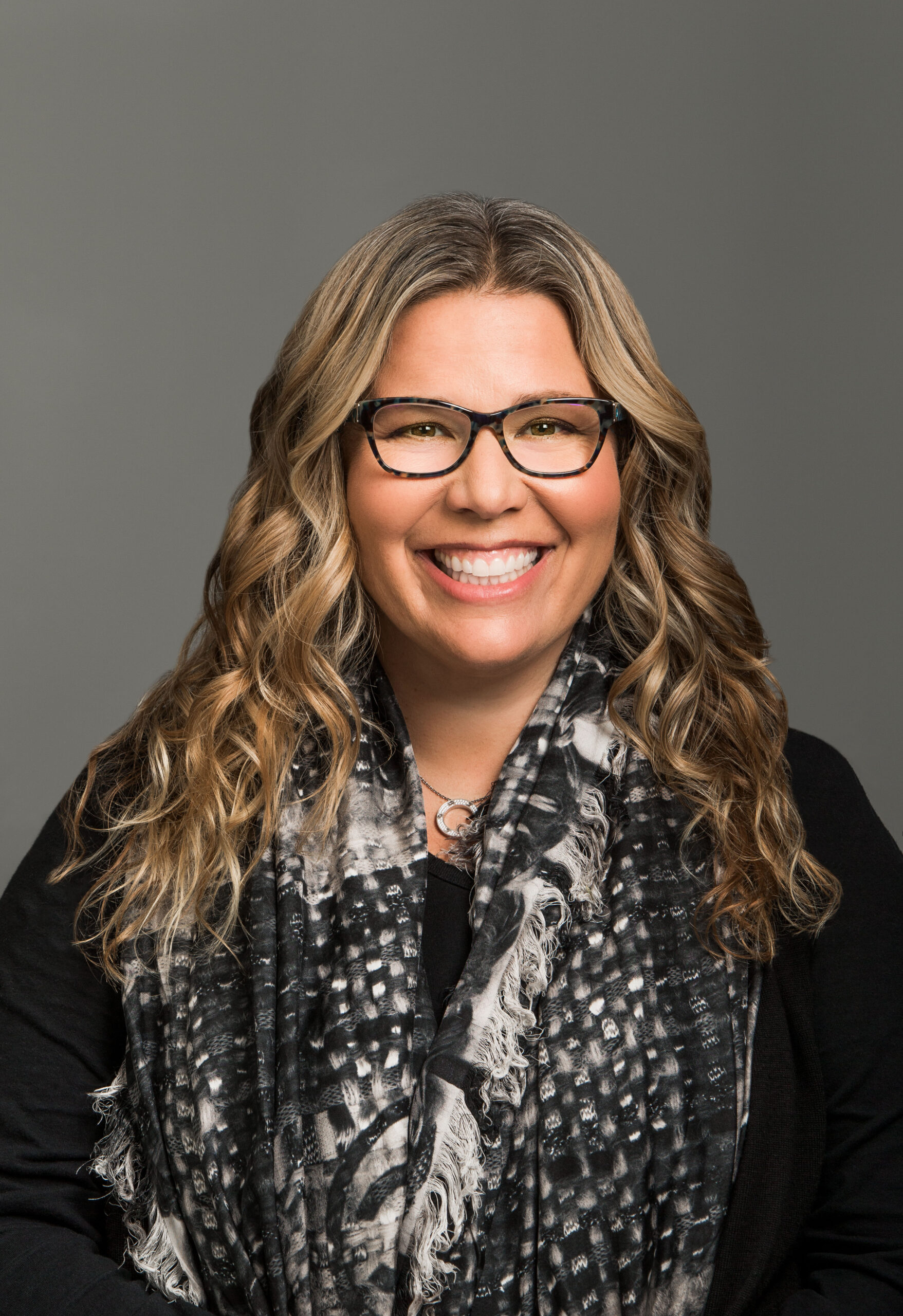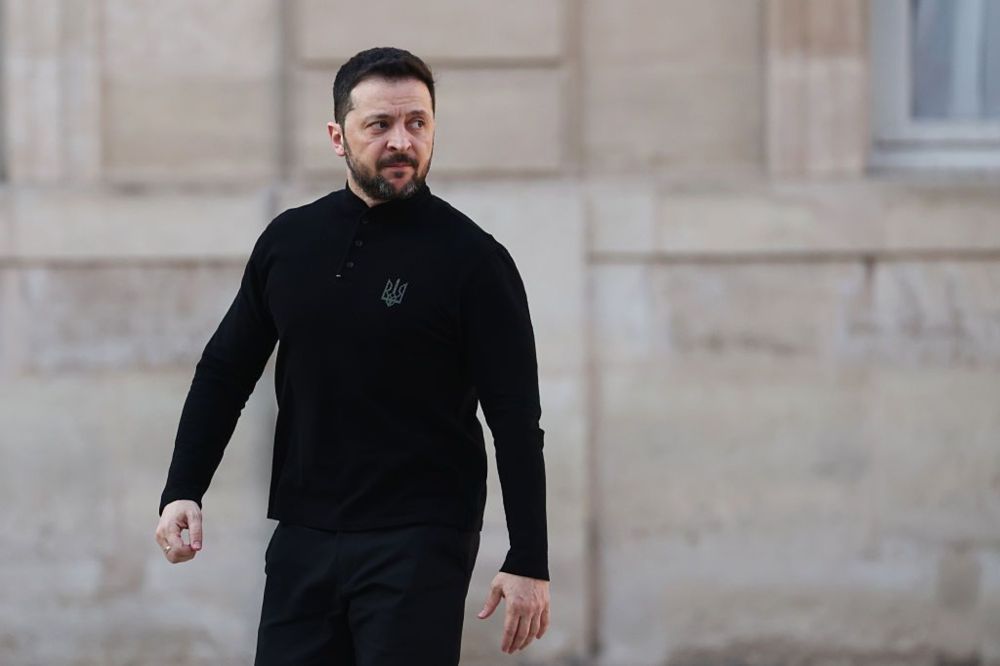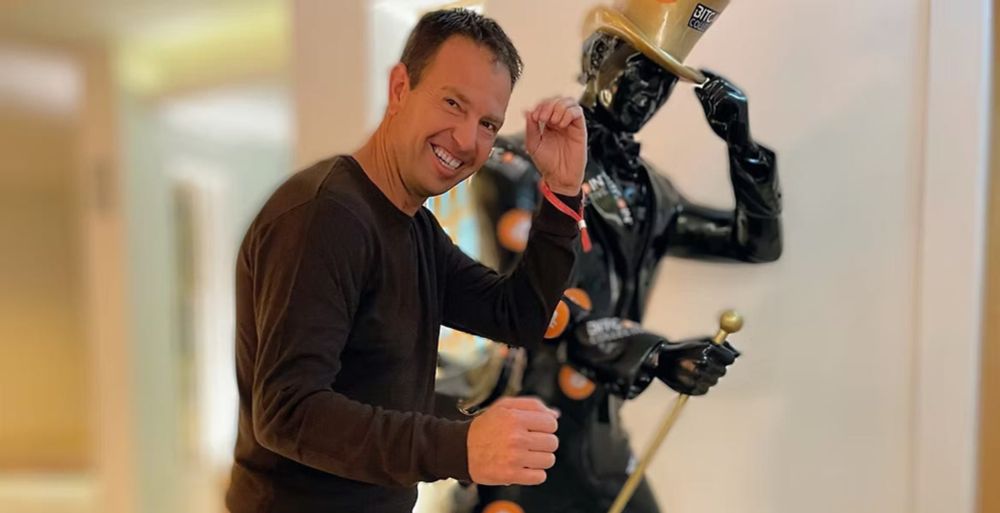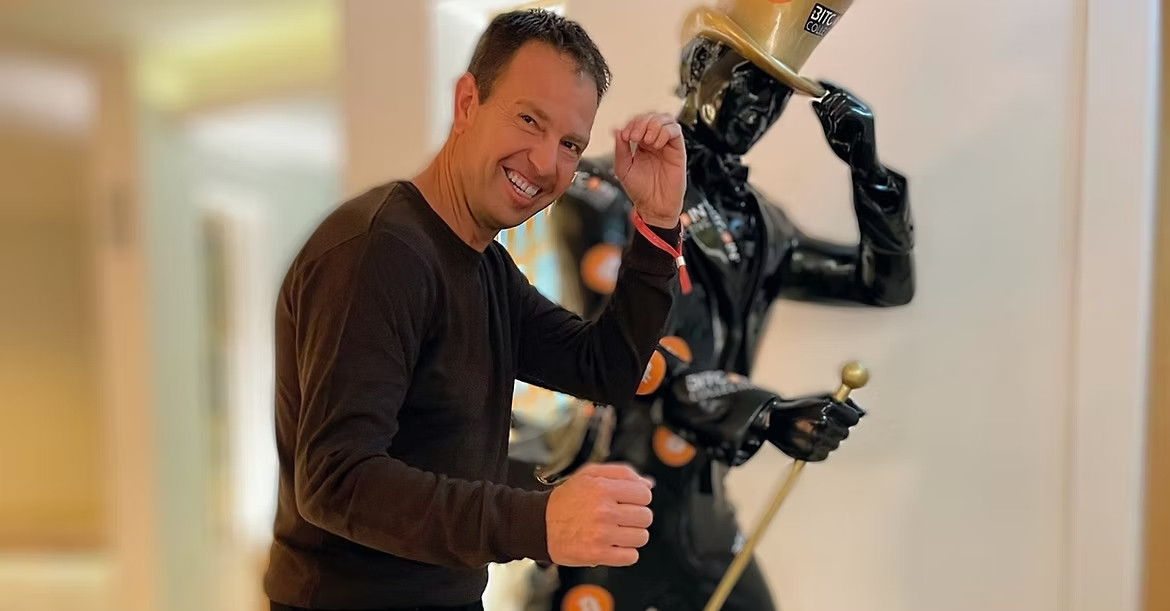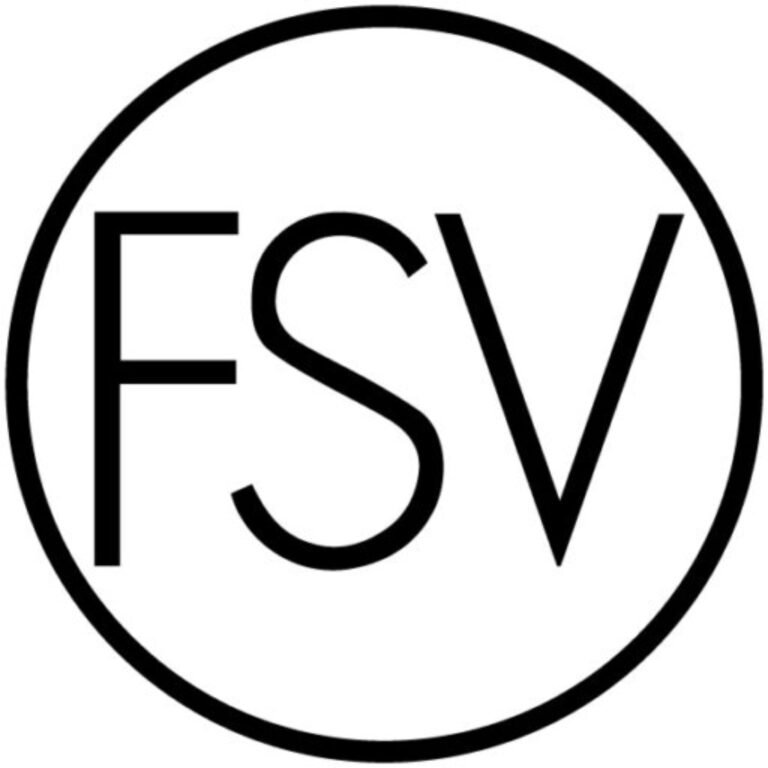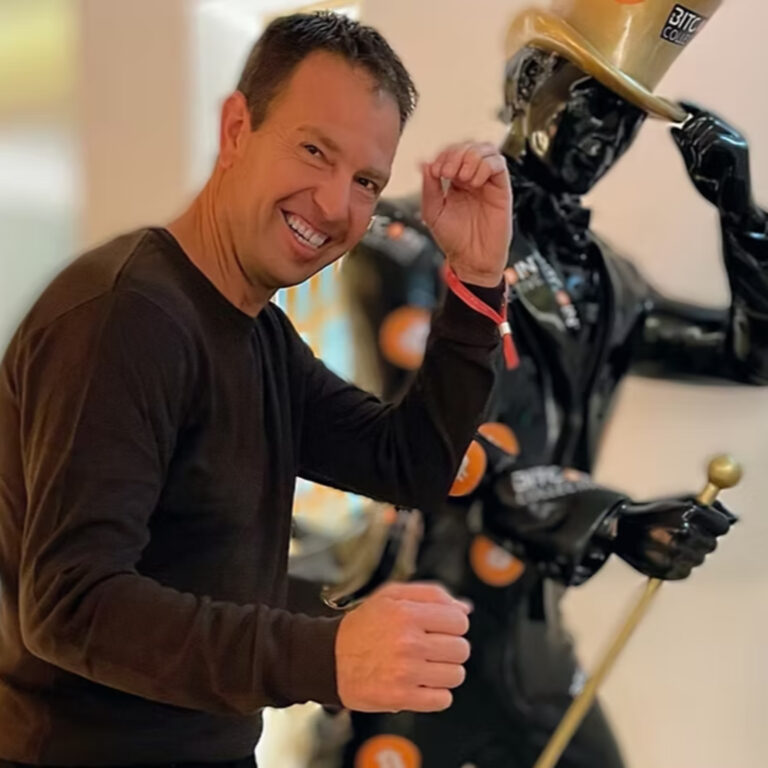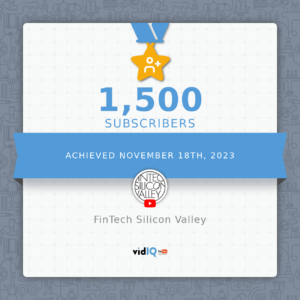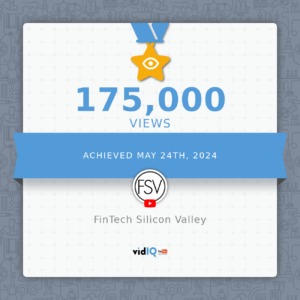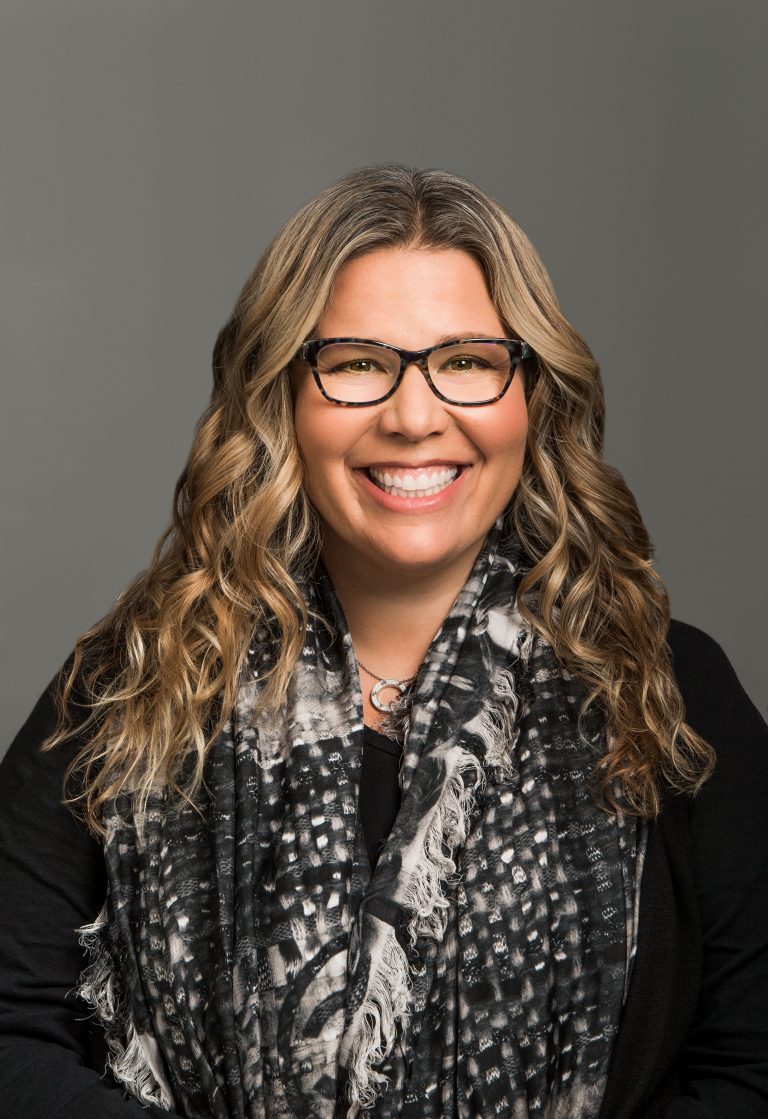
Leyla Seka Partner Operative Collective Leyla is a veteran enterprise executive, nationally recognized advocate for gender equality, and reluctant venture capitalist. For more than 11 years, Leyla’s work at Salesforce defined an industry. In multiple senior management roles she built and scaled iconic products including the AppExchange, Desk.com, and Salesforce Mobile. Leyla also pioneered Salesforce’s equal pay initiative, which led to raises for more than 10% of the women at the company. She is also a board director of Girls Who Code and Proofpoint. Today, Leyla is investing in the next generation of enterprise technology as a partner at Operator Collective, a new VC fund and community designed to open the venture ecosystem to the people it needs most: tech leaders from diverse backgrounds with deep, present-day experience. Its limited partners include 100+ ultra-talented operators with decades of experience building, growing, and running the world’s most admired companies — from Zoom, Stripe, and PagerDuty to Salesforce, Slack, and beyond. Operator Collective launched its debut $45M+ fund on December 11, 2019.
Leyla Seka Partner Operative Collective Leyla is a veteran enterprise executive, nationally recognized advocate for gender equality, and reluctant venture capitalist. For more than 11 years, Leyla’s work at Salesforce defined an industry. In multiple senior management roles she built and scaled iconic products including the AppExchange, Desk.com, and Salesforce Mobile. Leyla also pioneered Salesforce’s equal pay initiative, which led to raises for more than 10% of the women at the company. She is also a board director of Girls Who Code and Proofpoint. Today, Leyla is investing in the next generation of enterprise technology as a partner at Operator Collective, a new VC fund and community designed to open the venture ecosystem to the people it needs most: tech leaders from diverse backgrounds with deep, present-day experience. Its limited partners include 100+ ultra-talented operators with decades of experience building, growing, and running the world’s most admired companies — from Zoom, Stripe, and PagerDuty to Salesforce, Slack, and beyond. Operator Collective launched its debut $45M+ fund on December 11, 2019.
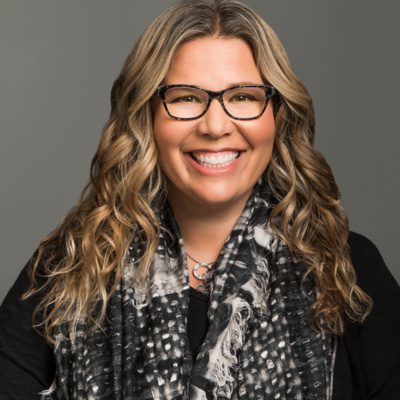
Transcription
PEMO: Welcome Leyla. So nice to speak to you. We haven’t physically met yet, but I know you have a great track record in the ecosystem, so was wondering what Operator Collective focuses on with regards to investments?
LEYLA: Sure, and thank you for having me, Pemo. I’m excited to be here with you. So Operator Collective is the venture fund I helped launch with my partner Mallun Yen. Right now our focus from an investment perspective is on enterprise business to business, SaaS-based software that has product market fit and either has or is very quickly about to have repeatable revenue. So that’s a basic overview of what we invest in and what we look for.
PEMO: Okay. And how are you guys managing the current investments or your portfolio companies through the COVID19 crisis?
LEYLA: Listen, this is really a strange moment in time for all of us. And I think a hard one — so much loss of life and fear of the unknown. It’s a rough moment for sure. We tend to be pretty hands on with our portfolio companies and have fairly close relationships with them. So in the early stages we definitely worked with them and helped them think about how their current cash could stretch. You know, we want everyone to sort of be at least in an 18-month, or hopefully a 24-month, runway. And more is better given the fact that we’re in a fairly unsteady moment. And we’ve been doing a lot of talking about employee wellness, checking in on employees, assessing physical and mental health, during this time.
LEYLA: So spending a lot of time with the leadership teams and better understanding how they’re navigating things and how we might be able to help. But yeah, trying to be as available as possible, sharing information with our portfolio companies cause there’s a lot of different data coming at people. Like for example the paycheck protection program — that was very confusing in the initial days. It was hard to understand who is eligible and all the details. And we as a firm, you know, have this great community and one of our LPs is a former CFO. So she jumped in and helped us think through that and we were able to give our portfolio companies some good information and guidance to consider as they thought about whether or not to apply. So really Mallun and I, and really our whole team at Operator Collective, try to think all the time about how we can be most helpful to our portfolio companies to help them think through and weather the storm.
PEMO: That’s great. And are you investing in new companies at the moment?
LEYLA: Yes, we are actually. We just closed our fund at the end of last year at $50+ million. So yes, we’re still investing and in fact we’ve had some deals that were introduced to us in the last two months over Zoom and which we closed right in the midst of this crisis. So I certainly think that there are different things we’re looking at and different things people are considering at this moment. But you know, this crisis has driven all of us in our homes and you and I were talking earlier, even into like a retreat sort of mode that is really a moment where SaaS software helps facilitate communication amongst businesses and inside the community. So we’re seeing a lot of attention inside of our portfolio companies as well as people are looking for solutions to help them connect with their employees better.
PEMO: Yes, right. And so what are your thoughts about the new normal – what’s it going to be like? What are the investments people are going to be focused on and what are the ones that are going to drop by the wayside?
LEYLA: Yeah, I mean, it’s a really hard time to make protections, right? We’re sort of in uninsured territory to say the least. But I can speak from our perspective; we like unsexy, sort of boring things that solve really complicated problems. So you know, I built the AppExchange at Salesforce. Mallun worked at Cisco for years. She started two companies. So we’re definitely operators and come from that enterprise software background. So when we’re looking at things, we’re looking at interesting companies that are coming about a problem in a new way. For example, we recently invested in a company called Cube Software, that’s sort of a collaboration and good management software. And that’s one we felt very confident in because it’s just a place inside companies where there’s always a lot of communication going on and it’s hard to get the detail that you want as an executive.
LEYLA: So we’re looking for different ways, especially now that we’ll likely have a more distributed workforce. Several companies, you know, announced this week that their employees can stay home indefinitely. I’m on the board of a number of companies and we are all talking about what going back to work might look like. And, and every company has an optionality in their discussion around giving employees the choice, which I think makes a ton of sense. Different people have different obstacles in front of them. It’s not a one-size-fits-all dilemma. So I think also with that flexibility of coming back to work or what even going to work looks like, it’s not going to be like we’re all hanging out at our cubes and talking. It’s a distancing and masks and different protocols. So we think through that stuff – different types of software solutions will become maybe more important than they have been in the past because it will become the connective tissue that keeps organizations functioning through this distributed timeframe.
PEMO: And what do you think about accelerators, because obviously we’re chock-a-block with them on workspaces in the Bay area. How do you think that’s going to develop or not?
LEYLA: I think that’s going to be hard. I was part of a number of accelerators over my tenure at Salesforce and at different times in general. Those are really hard to run. I was never very successful at it myself. But I don’t think people are ready to spend a lot of time with groups of people that they don’t know yet. I certainly don’t want to do that right now. I’m not interested in going into a large space, especially an enclosed one with a whole bunch of strangers. It just doesn’t feel like a prudent thing to do right now from my vantage point. So, you know, I think we’re in an interesting moment where we can reimagine how we’ve been doing things.
LEYLA: Some things will stay the same. But there I was talking to Michelle Zatlyn, the COO of CloudFlare, she was on one of our, would do this series every week around, you know, facing challenges right now with senior leaders. And she and her team are thinking of it as going “back to better,” which is great. So I think for an incubator and accelerator, any kind of co-locating workspace like that, their business just totally shifted. But I do think there’s a way that maybe they could think about how they use the space differently. Some good ideas will be brought forth through innovation right now. It’s hard time.
PEMO: Okay. And again, I know so hard to predict and it’s sort of impossible actually, but I can still keep asking the questions. Because one question does interest me. Like do you think it’s all going to go back to normal or do you think there will be a new normal and what would that look like?
LEYLA: I think there will be a new normal like how after 9-11 you couldn’t walk to the gate and put your loved one on the airplane anymore. And then eventually we all had to start taking off our shoes and so I don’t, I think there will be a new normal. I think masks will be a lot more prevalent in our society than they have been in the past. There are a lot of, like, designer masks all over the place now. I think masks will be more normal. I wonder about, you know, shaking hands and hugging people. I have an overly gregarious personality most of the time. I like everyone. Can hugs happen again? Probably not until there’s a vaccine, but I think there will be a new normal with that. And for some people, if you have a compromised immune system, this is a much more challenging equation. So really, everyone sort of has to think about the best way to approach this for themselves. And then we as a community need to try to be as open and as understanding of that as we possibly can.
PEMO: Okay. So what should start-ups expect with regards to investment possibilities? Like in the next year and the next two years?
LEYLA: I think startups should run very lean. And my running philosophy on small companies, with some key exceptions, is you’re either building the product or selling the product. So with startups… You know it’s not the salad days right now. It’s definitely time to hunker down. Really every company I work with is running their budget right. And looking at ways to save money in different places and how they can stretch what they have and different types of options like that. I do think VC is a little different than everything else. It tends to lag of it. There’s still a lot of funding going on. I’m seeing deals all over the place – lots of great deals and awesome companies and interesting ideas. So I do think there’s quite a bit of activity still, but you know, in theory it will slow down if the economy doesn’t begin to recover.
LEYLA: I think founding teams should be looking for ways to be very frugal right now, while still looking at how they can hit growth targets or whatever those readjusted growth targets are in the face of COVID. But this is sort of like post 1990s – you know, no more Herman Miller chairs everywhere. Time to buckle down a little bit. And I lived through that. I was at one of those startups, and then our stock blew down. So I’ve experienced that myself and it’s a rough adjustment.
PEMO: Yeah. Yeah. And personally what is your the takeaway from that?
LEYLA: What’s my takeaway from this crisis? That’s a good great question. I mean, I left Salesforce about a year ago, so I’ve been spending a lot of time just reflecting over the last couple of years as I stayed there for 12 years. So I think that reflection has only deepened and continued through this period of time. I wished people were coming together more in certain ways, but in other ways I was beautifully surprised by the way they’re acting. It’s been a reminder to remember how lucky I am all the time. I think that’s been something been trying to focus on, especially when you see so much pain in the world. So I’m trying to figure out where and how I can help.
PEMO: Good to have gratitude despite all the fear that’s around us.
LEYLA: Indeed. It’s a hard time. It really is. This is probably the hardest thing I’ve lived through, and with kids and aging parents and all these different things. There are a lot of odd concerns. Like I hate going grocery shopping. It terrifies me. It used to be something I enjoyed, and now it’s like, Oh my gosh, I’m like a Ninja in and out. So I guess my hope is that things will feel more comfortable at some point, but I worry all the time right now. I think everyone does and that’s hard. Like I was saying to a friend, I think everyone has a low-grade depression right now. It’s just tough. So trying to keep things positive, look for positive things in the middle of a hard time. That’s what I keep trying to focus on.
PEMO: That’s great. One investor, a woman, said to me that she found that people weren’t thinking very clearly. Do you notice that as well?
LEYLA: Yeah, I there’s a concern for everyone’s safety, which a lot of other countries in the world have lived with a bit more than the United States has up until this point. I’m very much American – I grew up here – but it’s a change to be scared for your kids and scare for your parents all the time. And for the first time in a while, not terrified for the planet, which is actually a nice reprieve. But nevertheless, it’s unsettling, you know, and it continues to be unsettling. So yes, I think that causes people to be a little frazzled in their thinking. I sort of harken back to compassion. I’m giving people the benefit of the doubt as much as humanly possible right now, cause you don’t know what anyone’s facing.
PEMO: Yeah, it’s true. Yeah. Everyone’s under a lot of pressure and stress and like you said, grocery shopping’s become a nightmare.
LEYLA: So my husband and I Roshambo for who has to go, and then the one who has to go is in a bad mood for like a day and a half before they go. We hate it.
